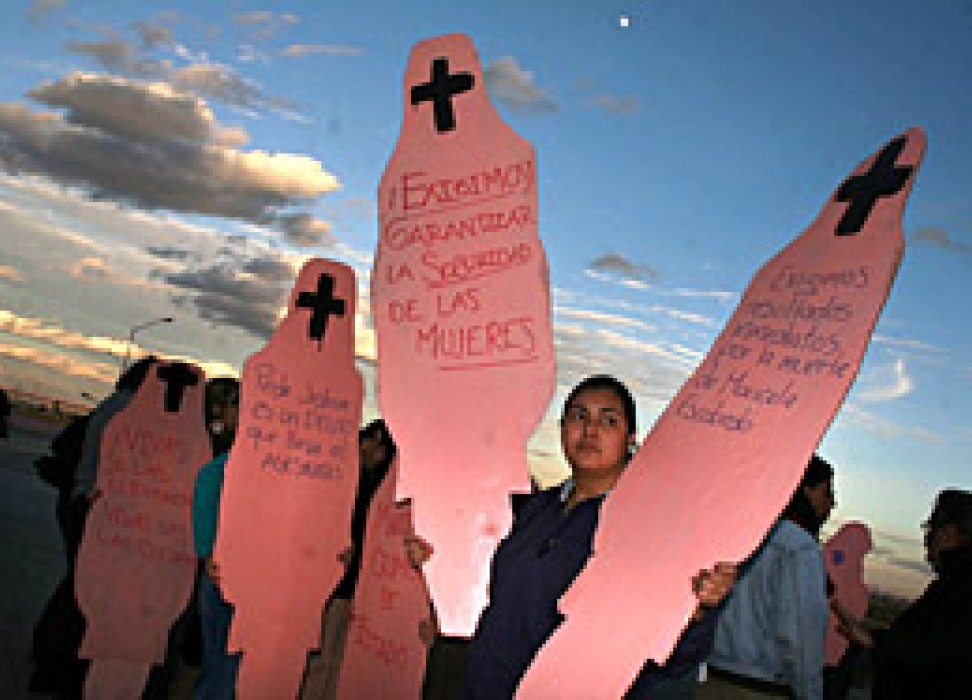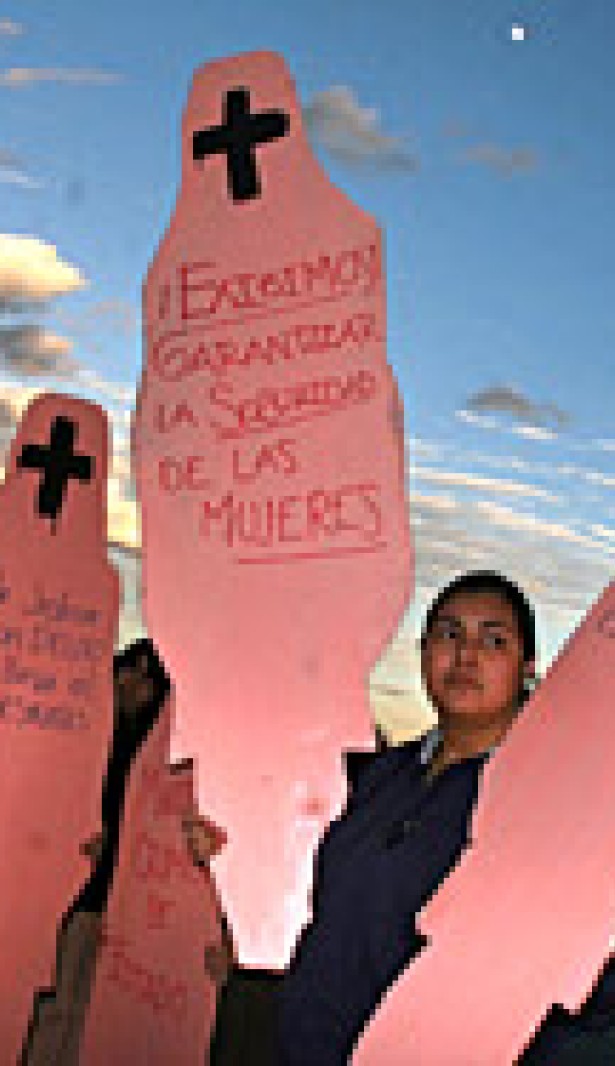The situation of Human Rights Defenders in Mexico
04 November 2013

In Mexico, the list of human rights defenders who have been killed, threatened, harassed, and tortured is long.
Marisela Escobedo Ortiz was killed on 16 December 2010 after peacefully demonstrating for nine days in front of the Government Palace in the city of Chihuahua. She had tirelessly been demanding justice for the death of her daughter, Rubí, who was killed in 2008 at the age of 19. Both murders remain unsolved.
Ismael Solorio Urrutia and his wife Manuela Martha Solís, both anti-mining activists, were killed in the state of Chihuahua on October 22, 2012, allegedly as a reprisal against their activities against extractive mining and in defence of the right to water in the region.
On 2 December 2011, Norma Andrade, a human rights defender and Honorary President of the organization “Nuestras Hijas de Regreso a Casa” (Our Daughters back Home) suffered an armed attack in Ciudad Juárez, Chihuahua. Following the attack, Andrade was relocated to Mexico City, where she was the victim of a violent assault in February 2012.
The Report on the Situation of Human Rights defenders in Mexico: Update and Assessment(available in Spanish, PDF), launched this year by the UN Human Rights Office in Mexico states that, between November 2010 and December 2012, 89 cases of attacks against human rights defenders were reported. Aggressions included threats, arbitrary interference, harassment, arbitrary detention, murders, attacks, and enforced disappearances.
The human rights defenders who were targeted were working to defend the rights of migrants, women and other victims of violence, and indigenous peoples; as well as civil, economic, social, cultural and environmental rights. While the perpetrators remain unknown in most cases, preliminary evidence suggests that non-state actors are responsible for most attacks. Nonetheless, the participation, by act or omission, of public officials was identified in 23 % of the recorded cases.
From 2006 to December 2012, at least 22 human rights defenders and five family members have been killed while the whereabouts of six defenders is still unknown. According to the report, the year 2011 was when most of the aggressions took place.
Javier Hernández Valencia, Representative of the UN Human Rights Office in Mexico, commented on the report by saying that “impunity for attacks on human rights defenders must come to an end.” He added that impunity “sends a strong message: that it is OK to stop the work of those who try to defend others, and at the end of the day, that weakens the effectiveness of protection policies”.
The report also highlights progress made in the past years, including the enactment of Mexico’s Constitutional Reform on Human Rights in 2011, which paved the way for greater promotion and protection of internationally recognized human rights in the country as well as the entry into force, in 2012, of the Law for the Protection of Human Rights Defenders and Journalists, and the subsequent establishment of a Protection Mechanism for Human Rights Defenders and Journalists.
The realease of the report was part of a campaign launched by the Human Rights Office in Mexico to promote awareness of, and support for, human rights defenders. This campaign featured, in 2011, the video “Yo me declaro“/” I declare myself”, and ended with the presentation of the report, in June 2013.
The severity and scale of attacks and reprisals against defenders was the primary motivation behind the adoption of the UN Declaration on Human Rights Defenders in 1998, and the establishment of the mandate of the Special Rapporteur on the situation of Human Rights Defenders two years later.
This year marks the 20th anniversary of the World Conference on Human Rights, which led to the adoption of the Vienna Declaration and Programme of Action and the establishment of the UN High Commissioner for Human Rights to oversee the international human rights framework, promote human rights and protect individuals against abuse.
States and the United Nations recognize the pivotal role of civil society in the advancement of human rights. Civil society has been at the forefront of human rights promotion and protection, pinpointing problems and proposing innovative solutions, pushing for new standards, contributing to public policies, giving voice to the powerless, building worldwide awareness about rights and freedoms and helping to build sustainable change on the ground.
4 November 2013

